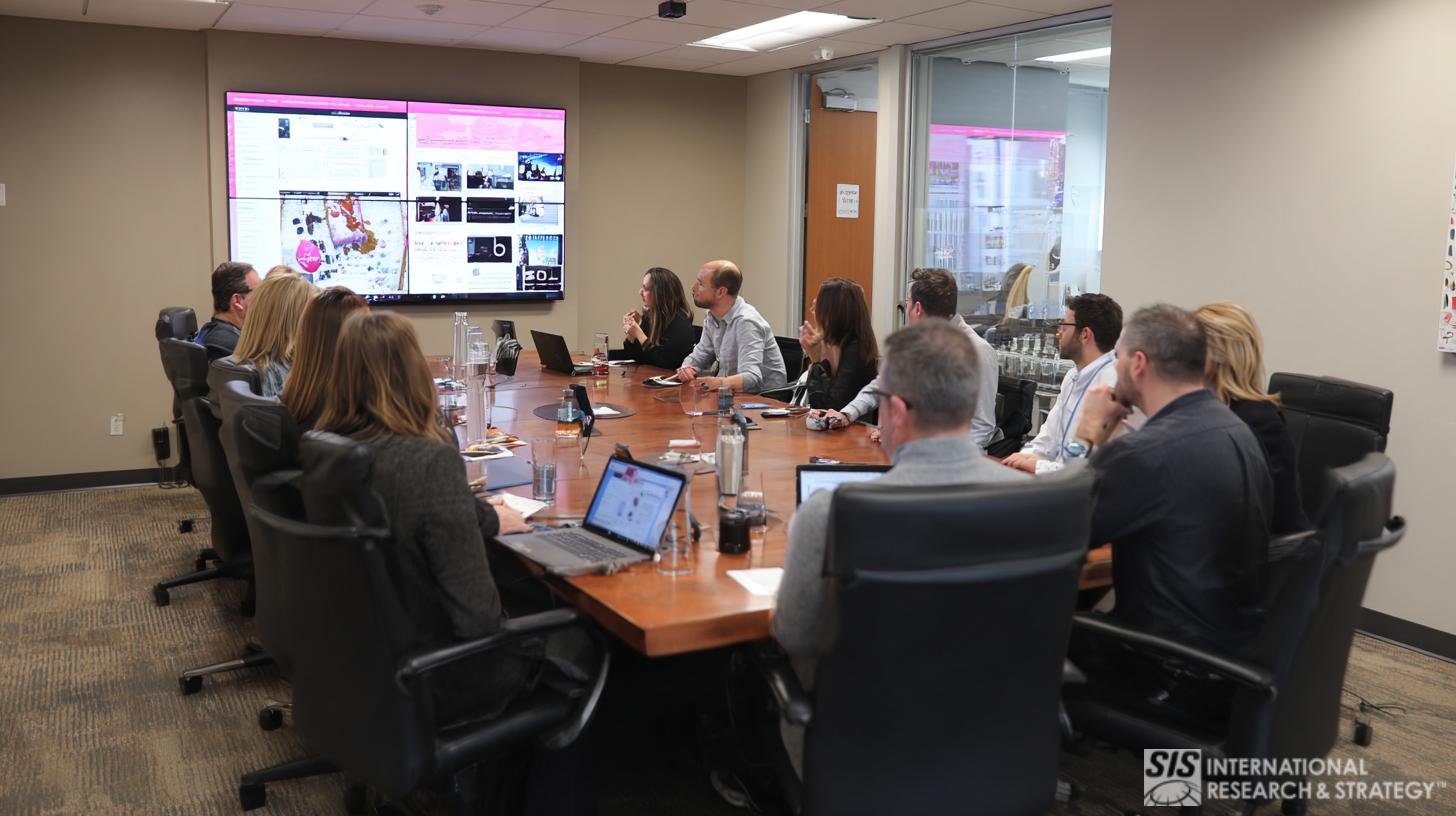
One of the most daunting challenges in today’s global economy is the “Talent crunch” and challenges in scouting, recruiting, and growing talented people in your firm. Ageing societies are struggling to find qualified people to run complex and high-technology processes.
Attracting and retaining talent can mean the difference between success and failure in today’s fast-paced global economy. Significant trends are impacting HR management functions, including the rise of Artificial Intelligence, Data Science, Automation and Algorithms.
A importância da gestão de talentos
A gestão de talentos é significativa pelos seguintes motivos:
- The HR function is considered strategic by more and more companies.
- Os profissionais de RH ainda acreditam que as suas forças de trabalho não estão adequadamente preparadas para cumprir os planos futuros das suas empresas.
- HR management has embraced software and management tools but many companies use manual tools and processes.
- Technology-enabled automation of discrete talent functions is providing significant opportunities for cost containment.
- Cross-functional HR metrics leveraging workforce analytics can provide an advantage.
- A geração Millennials é mais propensa a mudar de emprego, tornando a aquisição de talentos e a retenção de RH críticas
- A medição e gestão de métricas, indicadores-chave de desempenho e análise da força de trabalho são cada vez mais importantes.
aquisição de talento
A robust Talent Management function within a company hires beyond the traditional model of looking only at skills; instead, they hire by “talent.” Focusing on defining the talent needed to reach organizational goals and building a plan to make certain you have the talent available are the crucial first step in a robust TM function.
A sua abordagem vai além de uma abordagem externa. Os gestores precisam ser capazes de conhecer seus próprios talentos, o que exige muita introspecção. Um líder seguro não tem problemas em contratar pessoas melhores do que ele.
As part of a company’s long-term Talent Management procedures, much of the scouting process involves getting both managers and members of Generation Y on board. Generation Y has fundamentally different objectives in their behavior, outlook and interaction in the workplace. Generation Y, as a baby boom generation, is widely considered one of the most important generations in advancing a rapidly ageing workforce.
Integrando a Geração Y no local de trabalho
SIS has built a model that proactively integrates very talented members of Generation Y in creative development, strategic planning and research. Essentially, the goal is to harness both the strengths of older and younger generations, while minimizing the intergenerational tensions that often arise in corporate settings.
Embracing Generation Y is one possible method. For example, at SIS, managers fully embrace the youth. We provide them with an uncommon opportunity for experience and confidence to allow them the opportunity to thrive. And through their perspectives, we have considered many new initiatives that have continued to our success, our commitment to innovation and ability to provide high degrees of client value. But, what works in our company may not work in others. It is a matter of striking the right balance between strategy and culture.
Making Your HR Function More Strategic
The Talent Management function certainly considers necessary skills and the candidates’ ability to grow their skills, applying them to core business processes and leading change. Talent Managers analyze the candidate’s ability to fit within the corporate culture, viewing corporate culture as a valuable competitive advantage. For certain companies, integrity, responsibility and character are important in ensuring that the company’s long-term interests will be fulfilled. For example, many financial services firms look to ensure that their new talent are group-oriented to minimize self-serving behavior that could potentially endanger their firms.
Aligning talent with corporate culture is not fluffy marketing jargon. A strong corporate culture with employees on board contributes to strong competitive advantages in companies like Southwest and Apple.
Em empresas com estruturas organizacionais rígidas, muitas vezes pode haver um número significativo de pessoas talentosas. Mas, quando profissionais talentosos não se sentem valorizados, respeitados ou não sentem liberdade suficiente para conceber e implementar ideias criativas.
Medindo Valor na Gestão de Talentos
Muitas empresas buscam construir ambientes que cultivem relacionamentos robustos com aquisição de talentos. Isso se deve ao grande valor do talento nas operações da empresa e à concorrência que poderá surgir se a aquisição de talentos não for satisfeita. Além disso, as empresas querem garantir que o seu talento irá prosperar, mesmo que a cultura corporativa seja rígida. Muitas empresas consideram que a melhor forma de o fazer é criar para o seu pessoal talentoso uma rede de relações robustas baseadas na verdade, fiabilidade e confiança.
As empresas agora podem usar intranets integradas e complexas de compartilhamento de conhecimento para colocar seus funcionários em contato com especialistas talentosos em toda a corporação para disseminar imediatamente conhecimento técnico de alto nível. A conclusão aqui é implementar processos que permitam à empresa imediatamente aproveitar e fazer uso de seu talento.
A long-term perspective
Talent Management is a long-term process, with three potential ways to continually cultivate their talent:
- Retreinar – têm que treinar novamente as pessoas e garantir que elas tenham os recursos certos para executar
- Reposição – do not discard antiquated talent, but help reposition them periodically according to their strengths within the company
- Se aposentar – plan with your staff their retirements and futures to build goodwill and loyalty
Sobre a pesquisa de mercado de gestão de talentos
Talent Management Market Research provides data, insights and strategies to drive performance with your company’s most valuable resources — your team. We conduct Qualitative Research, Quantitative Research, and Strategy Research. In Qualitative Research, we conduct Focus Groups, In-Depth Interviews, Workplace Ethnography, and Online Communities. In Quantitative Research, we conduct employee surveys and surveys with prospective candidates. In Strategy Research, we conduct research into the competitive landscape, competitive analysis, Pesquisa de oportunidades de mercado, and Market Sizing.


